Covid-19: channelling our emotions during the current crisis
This pandemic has seen each of us needing to adapt to new ways of living working. What was familiar, in our personal and professional lives, has changed almost overnight. Doctors, of course, are adept to change (after all we have to change jobs, rotas, teams, IT systems, and much more throughout our training), but this level of change is unprecedented and unwanted. Doctors are also used to certainty and to have answers readily to hand. We work with guidelines and protocols; we audit and adapt to new evidence as it develops. However, in this new climate doctors do not readily have the answers they seek and the whole system seems to be in a constant sense of flux and change. This creates anxiety and adds to the exhaustion we feel. The new levels of uncertainty can also create helplessness and even hopelessness as the scaffolding of knowledge, competence, and routine fall away. These emotions are to be expected, but by investing a little time in caring for ourselves, we can mitigate against undue emotional turmoil.
These simple tips can help with psychological and emotional wellbeing over the coming months.
- Accept what you are feeling: Feelings occur for a reason and are linked to emotion, for example, the nervous feeling we can feel in the pit of our stomach is linked to anxiety. By understanding your emotions, you can connect with them, acknowledge them and are better able to process them. This allows you to be more present with yourself.
- Build your resilience reservoir. Reflect on the resources used when you overcame a trauma or stressful event in the past. These might be sharing your experience with family members or friends, engaging in mindfulness or exercise. You might need to adapt these given the current restrictions, but you can still draw on many of your past techniques. By being mindful of your strengths, you are better able to rely on them and utilise them.
- Allow yourself to be human: Doctors are hardwired into putting others first, in working hard and sacrificing their own needs. Remember, you are a human being first and a doctor second; allow yourself the right to be vulnerable.
- Be grateful: By both noticing and appreciating the things you are grateful for you become more attuned to positive events, further fostering positive emotion.
To view the original article: https://blogs.bmj.com/bmj/2020/04/08/covid-19-channelling-our-emotions-during-the-current-crisis/


